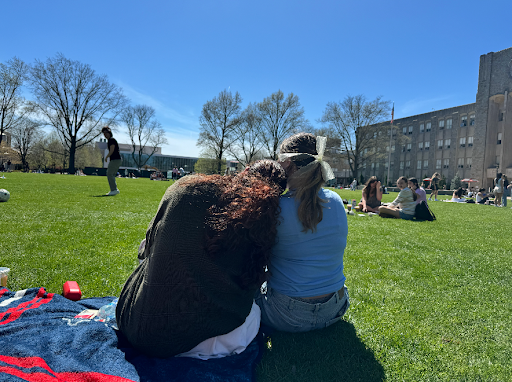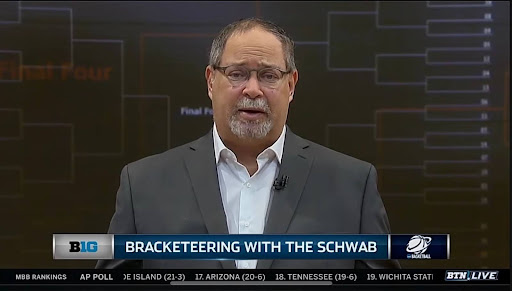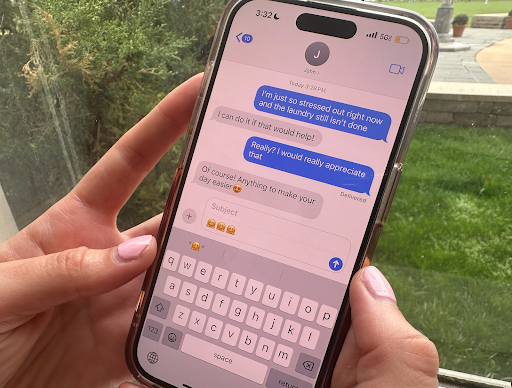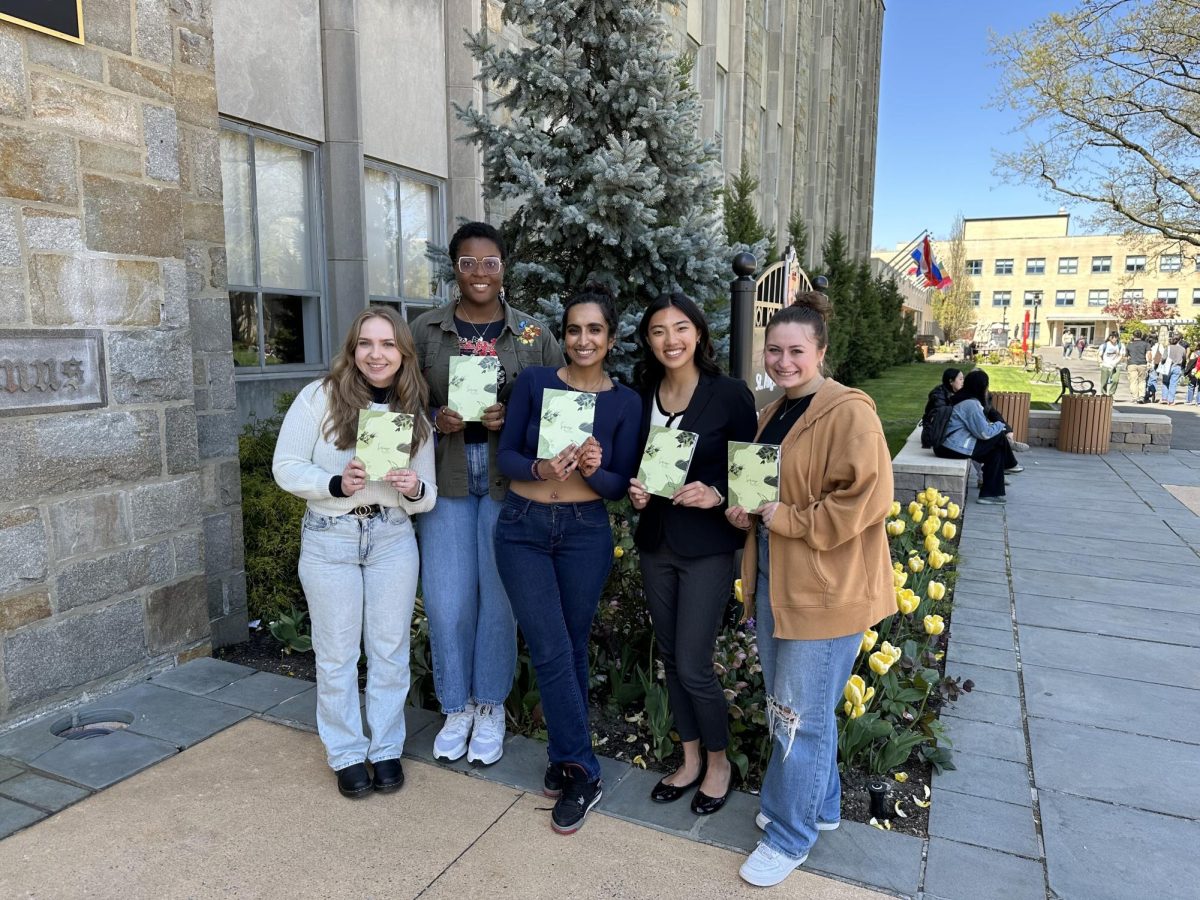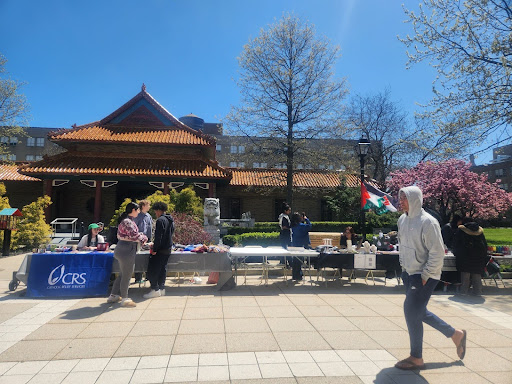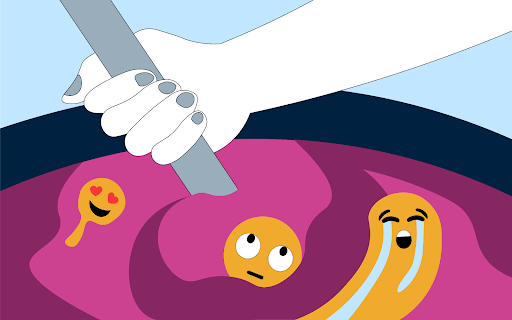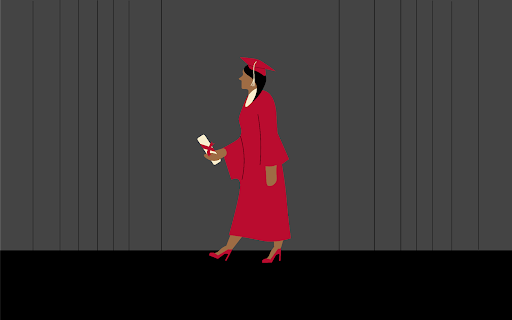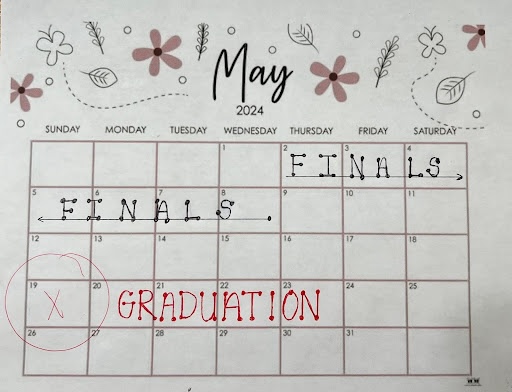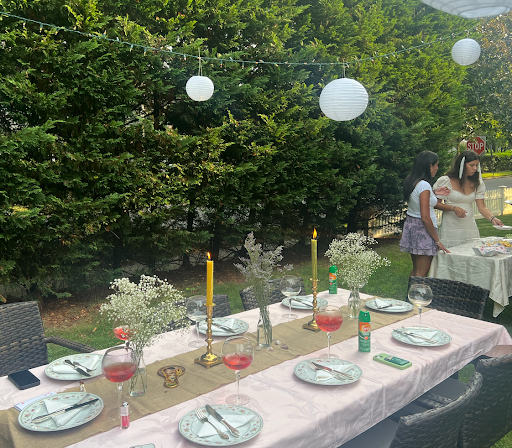Genocide is a crime against humanity that the international community pledged “never again” to happen, but it isn’t as simple as those two words. Several countries in Africa have fallen victim of genocide and the effects that hatred has on people. St. John’s University may not have witnessed these calamities firsthand, but on Friday, Jan. 28, students were fortunate enough to see it through the eyes of someone who has. Deogratias Niyizonkiza, who spoke to the University concerning his struggles, is the hero of Tracy Kidder’s exalted novel Strength in What Remains.
Walking into the conference room in D’Angelo, Deo sat at the table in a button-up shirt and tie with a warm smile on his face. He did not look like someone who has seen some of the most horrific things that can happen to a nation, but once I comment on how inspirational his story was for me as a student, he puts his face in his hand and looks back up morosely, saying “Thank you.”
Torch: How did you transition from Burundi to New York City?
Niyuzonkiza: This is a very complex question. First, when I arrived at JFK, I was not a person that was coming from a normal place and being a Catholic boy and reading the Bible and [being taught religion], I remember back to the horrible times [of the genocide, when we were taught about] the end of world, there would be signs — killing each other, hunger, misery. So during these difficult times I thought it was the end of the world. Nothing good was going on: blood, tears, girls as young as ten being raped by monsters with guns and machetes.
There was nothing beyond that that I could think of, so when I landed here, [it was like] I came from Hell to paradise, people still smiling. It was shocking. I remember the first thing I saw was a limo that I thought was a train. I was numbed, silenced for quite a while by seeing that a huge part of the world was smiling, while in another part people were being killed every second and the rest watched and did nothing.
But I realized that this country had problems; the homeless. The gap that between the well-off and homeless was unbridgeable. It raised a lot of questions about human life. How can we allow these things to happen in the 21st century?
Torch: What was a source of hope that helped you escape the terrors of the past?
Niyuzonkiza: I think the past never really leaves us. In fact, it’s not exactly a good thing to move on. My parents taught me that I was not poor even though I was poor. There are tragedies — there are no reason for them to happen expect for lack of compassion, ignorance and the inability to think that another human being is a human being like us; there is a lack of understanding that the pain of others is ours. This has helped me think in a positive way, that I would be able to change things. Although we have a lot of tragedie. There’s a lot of good things available that we can do. Compassion is needed a lot to change the world — it doesn’t cost anything. Hatred does, it’s painful; we get lost in it.
Torch: Why did you choose to go back to Burundi and help your people through the construction of clinics?
Niyuzonkiza: There were so many diseases. I lost so many friends. It wasn’t a thought of what I was going to do tomorrow; it was if I was going to make it. I grew up being acquainted with death so much that fear was there. I knew something was wrong.
We approached the community, the community donated the land and we chose a site that looked beautiful; it started with the community. We are talking about a community that has less than nothing. Its people are sick, uneducated, hungry and therefore dehumanized by misery.
Torch: What do you want the students to get out of hearing your story?
Niyuzonkiza: That each one can be reminded that they have the power to change the world and the power to do good. Realize that these tragedies are manmade and that they must understand the world [to fix it]. People without shoes and watches, they are not stupid, they can teach us a lot [if only we] listen with an open mind and heart and come together to lift problems [off of each other’s] shoulders.”






